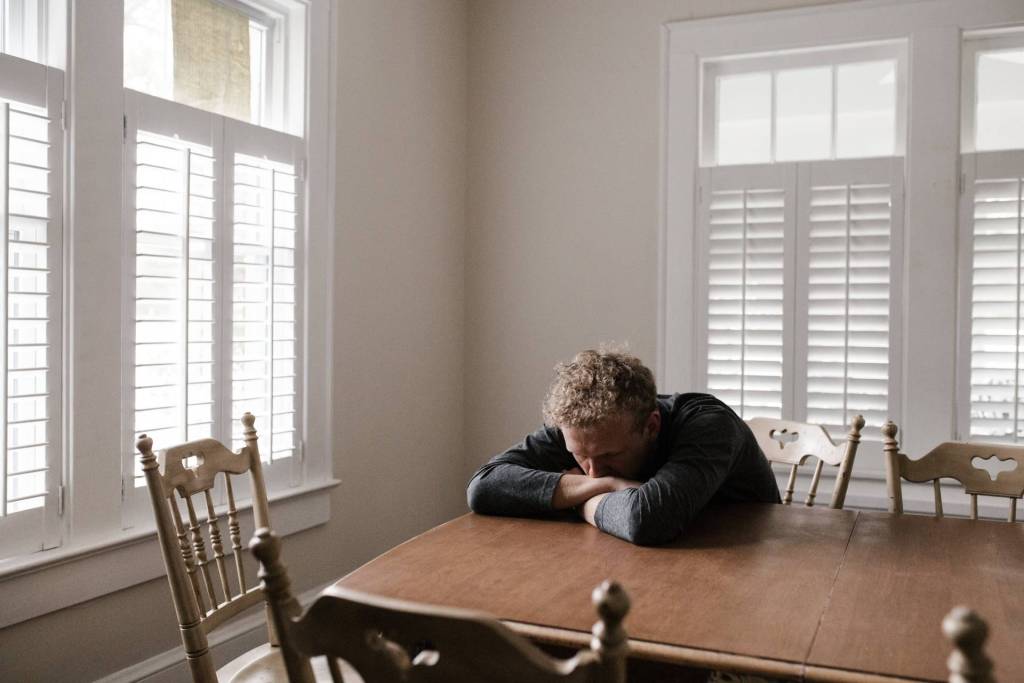Mental health is a hot topic these days on the Internet. And it should be. Mostly because this generation is dealing with so many life events at the same time. Since 2020, the pandemic hit everyone pretty hard, and now global inflation is making us all fairly nervous. All these problems combined are taking a toll on everyone’s mental health, especially Generation Z. According to studies, most Gen Z struggling with mental health should exercise. Therefore, we have compiled a few reasons why you should get your gym membership now!
Helps with Depression
You can’t even imagine what a prolonged depression can do to your mental health. According to experts, exercise can help treat moderate to mild depression as effectively as any other antidepressant medication. And the best thing about it is that the treatment will have no side effects on the body. A study done by the Harvard school of public health – revealed that if someone runs for 15 minutes each day and walks for an hour, it can reduce the risk of having depression by 26%.
On top of this, some studies show that maintaining a healthy exercise schedule can prevent people from relapsing into a depressive state. It happens because of many reasons, for example, exercise promotes positive changes in the brain. For example, exercise can be effective to reduce inflammation in the brain and promote activity patterns that aid the feeling of being calm.
Additionally, exercise also releases endorphins which are powerful chemicals in the brain and can help energize the body to make one feel better about themselves. Moreover, exercise can also be a source of distraction, when you are running or exercising on a machine, your mind will be distracted from any negative thoughts. It will help you break out of the rut and help relax the body.
Helps with Anxiety
Studies have shown that exercise is actually an effective method to treat anxiety for good mental health. For example, when you run and your feet hit the ground, the rhythm of your breathing helps you unwind. Similarly, mindfulness exercises can help one focus on their breathing and help them distract themselves from thoughts that trigger anxiety. Similarly, exercise increases the blood flow to the brain which will release healthy endorphins and make you feel better and calmer.
Exercise Can Assist in Treating ADHD
Similar to being effective with depression and anxiety, exercise is also one of the easiest and most effective methods to ease the overwhelming symptoms of ADHD. The main reason why is that when we exercise, our brain releases dopamine and serotonin. This helps with increased focus and attention. Some experts suggest that exercise can do the same job as medication that is used to reduce the symptoms of ADHD. However, exercising alone is not the right path. Always get medical help. Exercise can be an added bonus.
Trauma Healing
Studies show effective evidence that when your body goes through an exercise routine, the nervous system gets out of the negative loop. It helps people move on from the stress response that is categorized as PTSD in medical terms. Exercise helps you to take control of your wandering brain. Moreover, it helps you pay attention to the physical sensations in the body and muscles. Especially, exercises that involve poses that include your arms and legs are the most effective to deal with PTSD.
There are many options that you can explore instead of going to the gym. For example, hiking mountain biking rafting, and skiing. Sports will help you distract your mind and also reduce the symptoms of many mental illnesses.
More Benefits
A lot of the people that deal with mental health issues struggle with their sleep; exercise can help regulate sleeping patterns. Exercising at night can release chemicals that can calm your brain and put you to sleep easily. On top of this regular activity can help with higher self-esteem. Once you move your body and improve your health, you will start to feel better about yourself and feel healthier.
Takeaway
Many studies show evidence regarding exercise helps with mental health. If you or any of your loved ones are suffering from any mental health issues, then along with taking medical help, include exercise in their routine. It doesn’t have to be a full-on gym session. As they say, something is better than nothing. Start small and slowly build the tolerance to exercise more. A study in The Lancet, a psychiatry journal, reported that Americans who exercise had fewer days where they were “not feeling good” in contrast to Americans who do not exercise. Although exercise cannot replace medical help, it can make a difference in the journey towards betterment.
So, Gen Z struggling with mental health challenges can look to reduce them with routine exercise habits. Along with a major focus on what your brain and body need. Though this might not solve everything, it can do wonders for your mental health.













